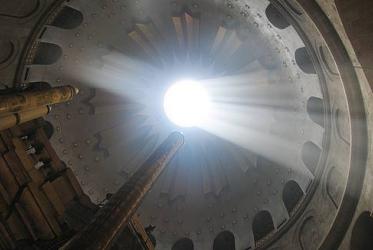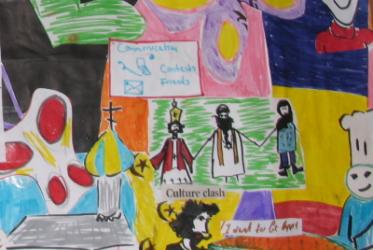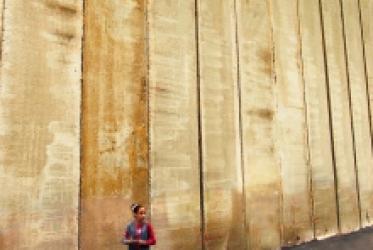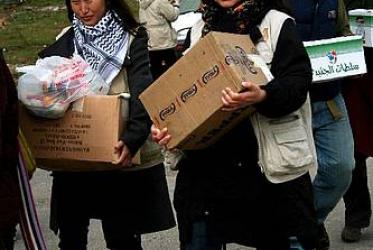Displaying 821 - 840 of 1097
An international ecumenical debate on the issue of "promised land"
02 September 2008
Inter-religious youth group celebrates open debate
13 August 2008
Egypt visit to highlight WCC Middle East focus
12 June 2008
E-mail a prayer for peace to Bethlehem
28 May 2008










